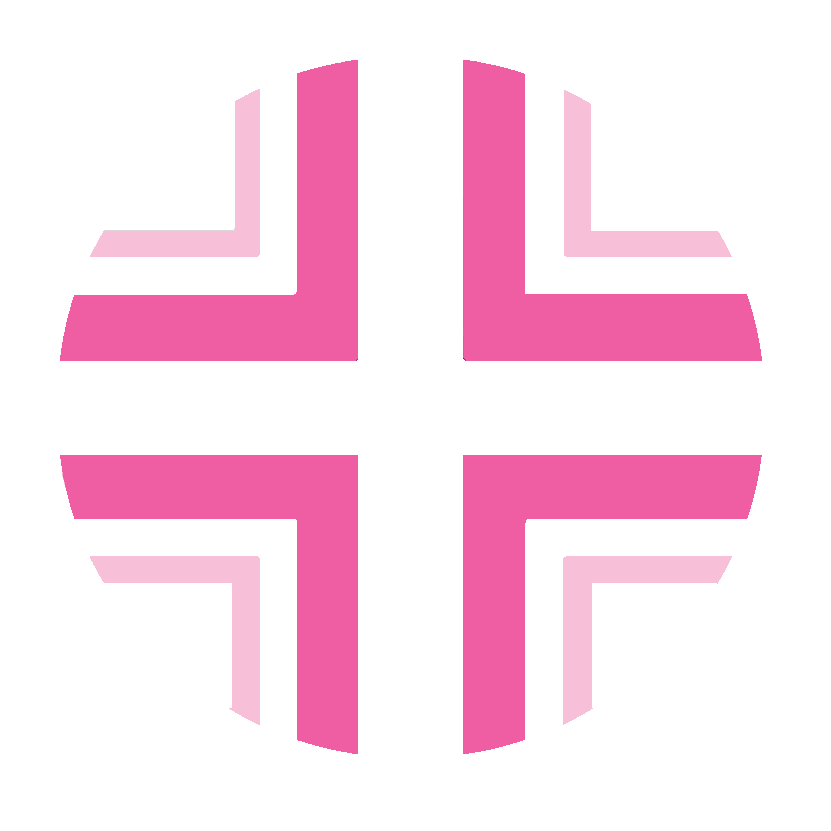I spent most of my formative years in the industrial town of Howrah, across the Ganges from the neighboring metropolitan city of Calcutta, in eastern India. Being the child of two physicians meant that medicine was a day-to-day part of my life from an early age. Although I’ve witnessed an abundance of my cardiologist father’s lifesaving procedures, it was through my mother that I came to understand the all-encompassing profession of medicine.
An Ob/Gyn by training, and a family physician by practice, my mother wasn’t just a mother to me, but to many of her patients as well. My conception of what it was that my mother did for a living grew as I grew. “Doctor” was my go-to answer in my childhood when someone asked me what my mom did for a living —but in reality, her role was far more complex. Although she does perform a few surgical procedures, most of her work is in the community. The neighborhood she primarily practices in -- Howrah -- is not affluent by any means. Illiteracy is relatively common, especially amongst women, and poverty is rife. India’s feminist movement seems to have not yet majorly reached its shores.
In this kind of milieu, ignorance and misinformation is prevalent; not only about woman’s health, but also about a myriad of topics including child development, public health, mental health, and preventative medicine. As a result, my mother found her responsibilities shifted from merely being their physician, to also being their nutritionist, their therapist, their public health advocate, their population health consultant, and their overall wellness coach. Most importantly, she often gave her female patients a voice, and would often advocate for them in front of the patriarch of their families, who would have to listen in front of a learned, and educated female leader. Her work as a doctor often turned into philanthropy when patients in-need came to her: she regularly helped her most dire patients financially by helping them find work. Breaking the paradigm of females being held back from leadership roles, she started a “wellness clinic” named after my grandmother that incorporated exercise and nutrition into an overall health plan. The first of its kind in the area, the clinic has since attracted patients who have learnt a great deal about their health, and the factors that affect the health of their families.
The degree of my mother’s involvement in the lives of her patients is often unheard of or impossible to achieve in modern American medicine; but that level of patient contact and positive intervention in their lives reaffirms my mother’s commitment to this profession. Her incredible versatility in the numerous professions she effectively performs, and her concept of medicine as a calling and not a career are ideas that I hope will rub off on my future foray into medicine as well. In this time of dillusionment of many an American physician, we would all be better served with the tenacity and caring that she shows daily, in the clinic and beyond. My mother’s role as a woman advocate and as a physician can be summed up by that familiar quote by Brigham Young — 'You educate a man; you educate a man. You educate a woman; you educate a generation.'

